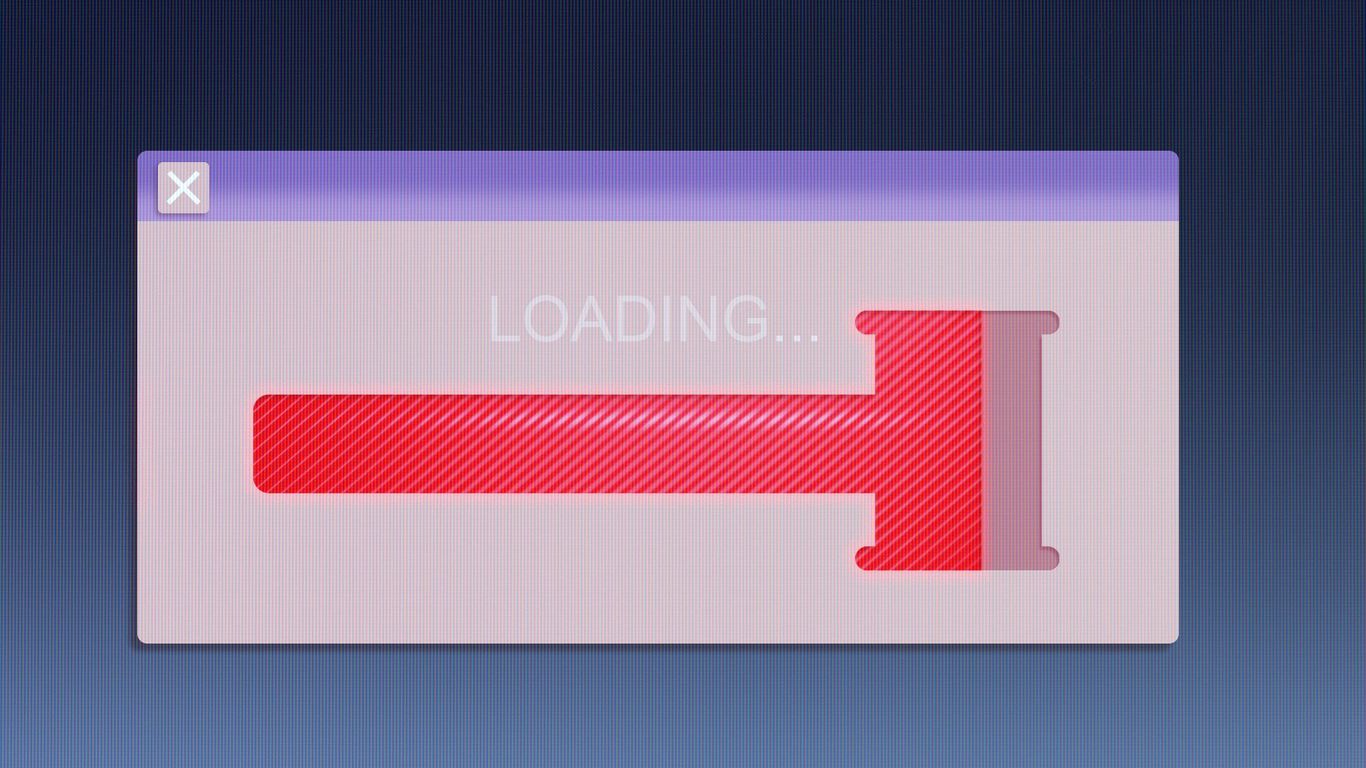

Illustration: Sarah Grillo/Axios
fortnite monopoly rules
Now it’s time to go to battle. Avoid it or lose hp. When it’s your turn, roll the movement and action dice.
The Justice Department’s Apple investigation is taking too long, allowing harm to competitors and consumers to continue, several companies say.
Why it matters: Big Tech's dual D.C. threats are antitrust lawsuits and bills that would rewrite the rules for how they operate, but Apple has yet to feel the full brunt of either.
Catch up quick: In 2019, the Justice Department and FTC split up competition investigations into Big Tech companies, with DOJ taking Apple and Google.
- Critics have complained that Apple's requirement that iPhone apps use its own in-app payment system and its 30% commission rate on most transactions are anticompetitive practices.
- A 2020 House antitrust subcommittee investigation found that Apple's monopoly power has led to "harm to competitors and competition."
What's happening: Companies that have raised concerns about Apple tell Axios that the investigation has been slow-moving and the San Francisco field office leading the inquiry does not have the resources of the main D.C. office. (The companies requested anonymity to discuss a non-public investigation.)
- The DOJ's Google investigation, which became public in 2019 and was run out of Washington, led to a lawsuit a year later.
- The Justice Department won't just "nonchalantly file a complaint against a company like Apple," one company official told Axios. "But at the same time, these digital markets move fast and the harm that consumers and small developers are facing is real. So a failure to act has consequences."
The big picture: The Justice Department already has one massive antitrust case against Google underway, as well as a separate investigation into the company's adtech business.
- The San Francisco field office has led major antitrust investigations in the past, including the Microsoft investigation and a lawsuit to block Oracle from acquiring PeopleSoft in 2004. (The DOJ lost the Oracle case.)
- "They do have a history of being involved in fairly significant civil matters, particularly technology civil matters," Charles F. "Rick" Rule, a former DOJ official and chair of antitrust law firm Rule Garza Howley, told Axios.
Between the lines: Factors that may have contributed to the length of the Apple investigation include the pandemic, the change in administration, and the private antitrust suit Fortnite-maker Epic Games launched against Apple.
- The DOJ weighed in on Epic's appeal against Apple, arguing the district court made “legal errors that could imperil effective antitrust enforcement, especially in the digital economy.”
- "It is a long period of time, but under the circumstances, maybe it’s not all that surprising," Rule said.
The other side: Another company told Axios that both the pace and scope of the investigation have increased in the last several months, while a different company told Axios that the DOJ is bringing resources beyond the San Francisco office to the case.
- “My own experience is they’ve been taking their time because they’re going so so deep,” one company official told Axios. “I’d much rather them take their time to get ready for the best case possible.”
- The source also noted that Apple is a “strategic and formidable opponent” in litigation. “Suing Apple is not anything close to suing Google.”
- A Justice Department spokesperson declined comment.
- Apple declined comment. The company has previously defended its App Store policies as protecting consumers' privacy and security.
The intrigue: The Justice Department recently named former Microsoft economist Susan Athey as the antitrust division's chief economist.
- Athey was most recently an economics of technology professor at Stanford University and served as an expert economist for Epic in its suit against Apple.
- That prior work may mean she could be recused from the DOJ's Google and Apple investigations, according to Bloomberg, which first reported the news of her hire.